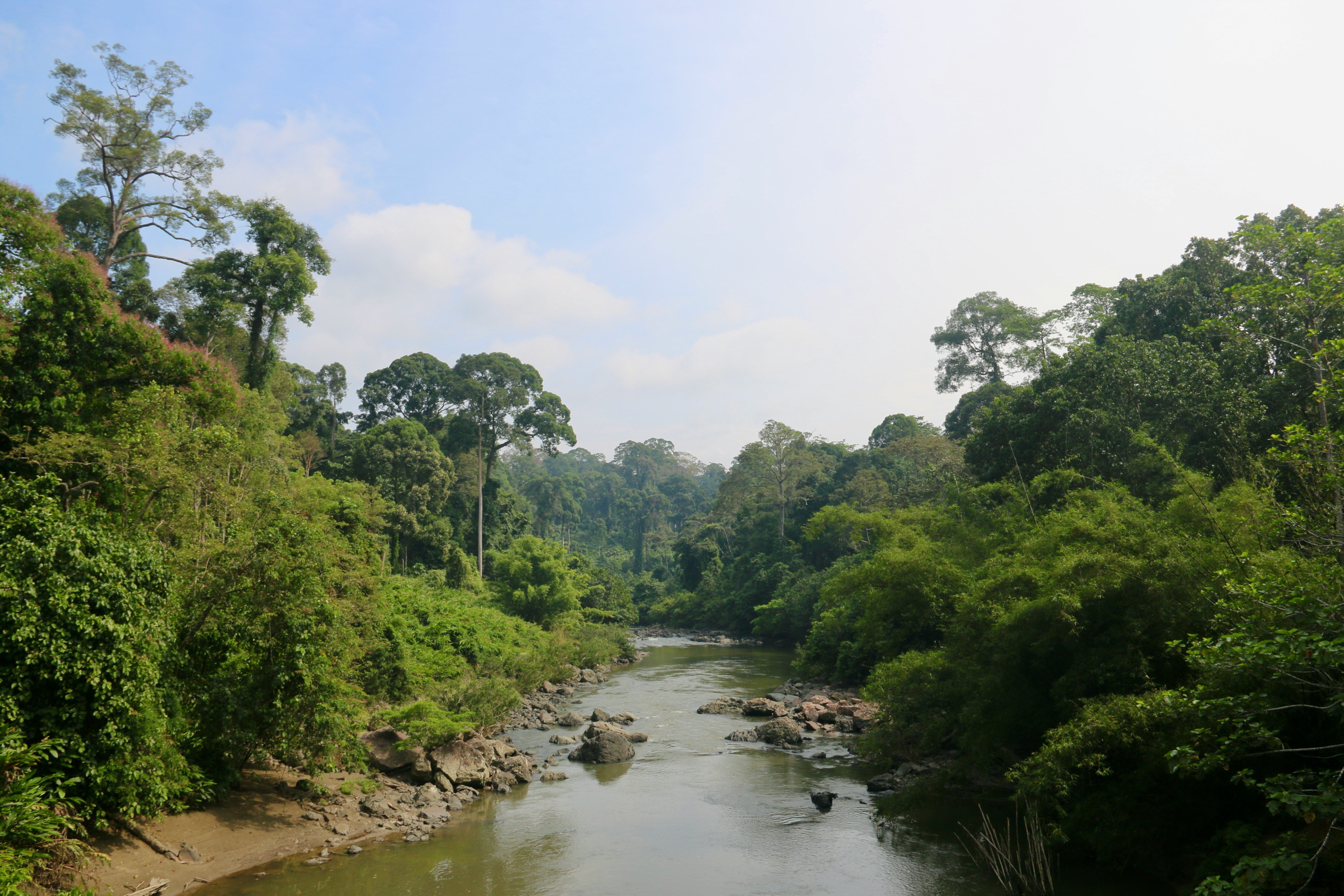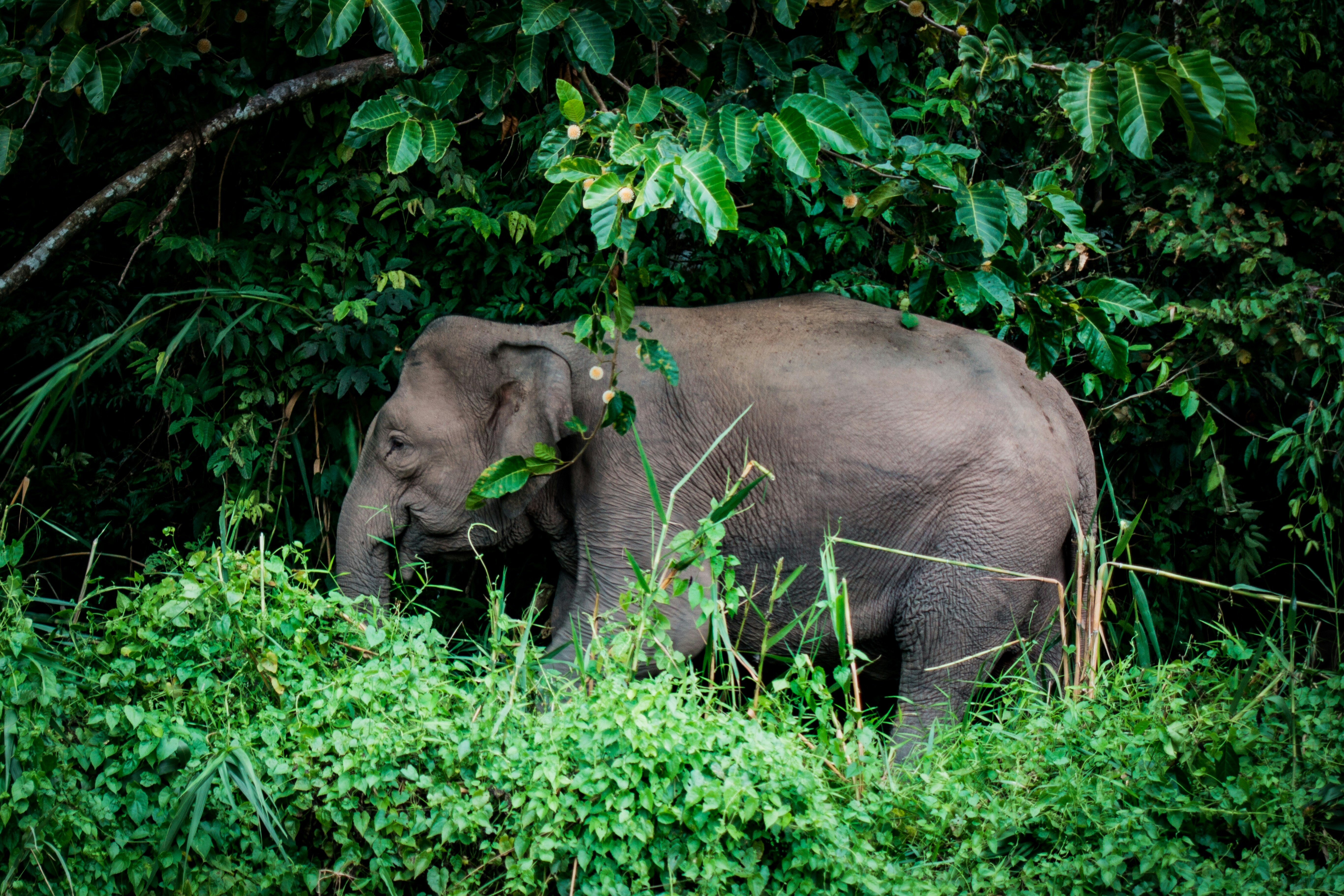Week 24: Conservation Finance News
Malaysian and Chinese firms explore carbon projects via Islamic finance token mechanism
Greenpro Capital Corp. is launching Green Token to support green-tech ESG companies, promoting a green community. Dr. CK Lee discussed asset tokenization in Islamic finance at the Global Forum on Islamic Economics and Finance, aiming to foster a resilient global Islamic economy through Green Token and Green-X Corp's Shariah-compliant ESG Digital Asset Exchange. To learn more, click here.
Nestle Malaysia plants 2.8 million trees for reforestation efforts
Nestle Malaysia has planted 2.8 million trees through Project RELeaf, aiming for 4 million by 2025 for carbon sequestration. Collaborating with partners like Sime Darby Plantation and TDM Plantation, Project RELeaf focuses on reforestation, habitat restoration, and community benefits, fostering a sustainability mindset. To know more, you can click here.
The era of 'timber politics' in Sarawak is over
Sarawak shifted from timber exports to forest restoration for income, focusing on the global carbon market, per Premier Tan Sri Abang Johari Tun Openg's announcement. He highlighted the state's success in reducing logging rates and maintaining 62% forest cover through 26 certified forest management units and 7 plantation forest management units. He supported the Sabal Agro-Forestry Centre development, a multifunctional facility costing RM50 million under the 13th Malaysia Plan. To learn more, you can click here.
Sarawak advances in forest volume modeling technology
Sarawak Forestry Department (SFD) partnered with Japan's NIES for Forest Volume Modelling technology and carbon content estimation, training officers in LiDAR-based forest data analysis in Tsukuba. SFD partners with Sweden's Skogforsk Research Institute for sustainable forest use and EU Deforestation Regulation compliance. Domestically, JHS works with Universiti Putra Malaysia on "Drone Seeding" technology for forest restoration. To know more, you can click here.
Sarawak seeks World Bank cooperation in carbon trading
Sarawak Premier seeks World Bank guidance to assess global carbon trade principles and address trading risks. The London Protocol of 1996 serves as the baseline for carbon calculation in global trade. The Premier also communicated with the Prime Minister to enhance legislation concerning energy business and carbon trading. Click here to learn more.
Physiography is crucial in peatland management
The Ministry of Environment and Forestry of Indonesia highlights the importance of tailored strategies for managing peat ecosystems, considering physiography, and maintaining protected areas. Specific approaches for each physiography are necessary when utilizing peat areas for various purposes, emphasizing optimizing management and preventing ecosystem damage. To know more, you can click here.
Developed countries exceeded their $100 billion climate finance commitment in 2022
Developed countries exceeded the annual $100 billion goal for climate finance to developing countries in 2022, reaching $115.9 billion, a 30% increase from 2021. This marks a significant achievement but comes after a two-year delay. The focus is now on sustaining this support through 2025 and setting new goals post-2025. Public funds dominate climate finance, with multilateral public finance showing the largest increase. Adaptation finance also grew, particularly for least-developed countries and small island states. The OECD emphasizes the need to diversify funding sources and address key issues in climate finance. Click here to learn more.
ACB and UNDP launch GEF-funded marine conservation project with ASEAN countries
ACB and UNDP launched the ASEAN ENMAPS marine conservation project in the ASEAN region, focusing on creating Marine Protected Areas (MPAs) networks in four large marine ecosystems to address overfishing and pollution threats. Funded by GEF, the project runs from 2024 to 2029, emphasizing science-based approaches for sustainable MPA management in alignment with global biodiversity and climate action goals in Southeast Asia. Click here to learn more.
MSCI introduces a new biodiversity footprint tool
MSCI launched a new tool in May to measure the biodiversity impacts of investments using the “Potentially Disappeared Fraction of Species” (PDF) and “Mean Species Abundance” (MSA) model. It evaluates species extinction risks from various factors using MSCI Geospatial for data collection, assisting investors in gauging environmental impacts in line with global biodiversity frameworks. To learn more, click here.
Investing in nature-related SDGs could yield over 20 times ROI, a recent study reveals
A report on green investments highlights the significant ROI of investing in nature-related SDGs. Investing $7.4 trillion can generate a return of $152 trillion, leading to lives saved and a decrease in deforestation. Urgent measures are needed to protect ecosystems globally and address air pollution, benefiting countries like the USA, India, and China, with low-income countries in Sub-Saharan Africa standing to gain the most. The report stresses ending harmful subsidies, expanding protected areas, and adopting nature-based solutions. To know more, you can click here.
Recent research shows the importance of water in restoring drained tropical peatlands
Researchers studying a 4,800-hectare plot retired by Asia Pulp & Paper in 2015 found improved water table, reduced soil carbon emissions, and natural tree regeneration. Rewetting drained tropical peatland can restore native ecosystems, as shown in a long-term study in Indonesia. Blocking canals to rewet peat led to these positive outcomes, indicating the potential restoration of "several million" hectares of similar peatlands by plantation owners aiming for forest restoration. Click here to learn more.
Huawei and IUCN Host Tech4Nature Summit for Nature Conservation Innovation
Huawei and IUCN hosted the 2024 Tech4Nature Summit to launch Phase 2 of their conservation partnership, focusing on innovation. Phase 1 saw successes like monitoring gibbons and jaguars using technology. Phase 2 (2023-2026) will support projects in six countries to enhance conservation efforts and meet biodiversity goals, with workshops to boost collaboration and capacity-building.To know more, you can click here.
Biodiversity is not AI-ready due to data gaps
Raviv Turner stresses the need for funding in biodiversity data collection, updated tools for measuring corporate impacts, collaboration with Indigenous communities, and AI initiatives in conservation. Meanwhile, a study by Yingtong Zhu stresses the need to update tools for assessing corporate biodiversity impacts to align with the Kunming-Montreal Global Biodiversity Framework (GBF). Click here to learn more.



